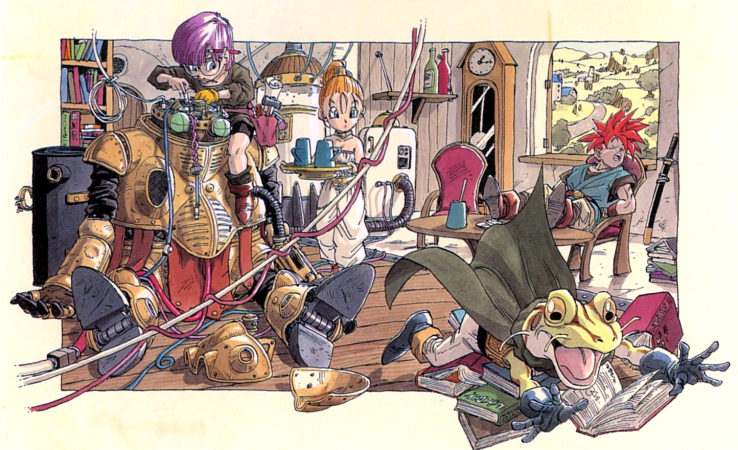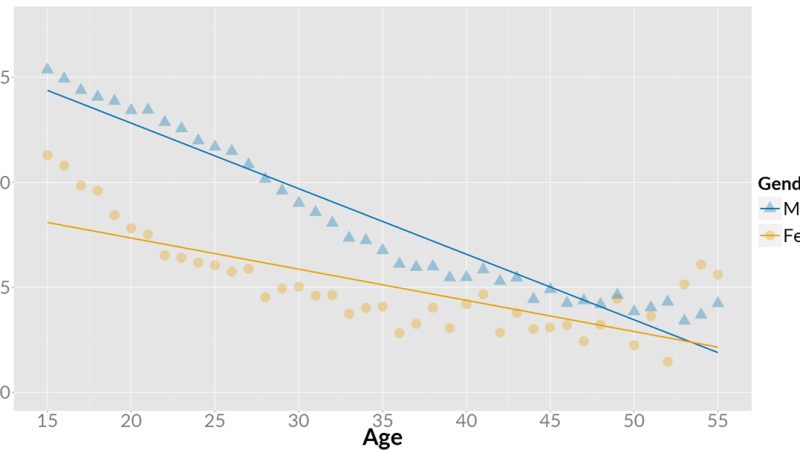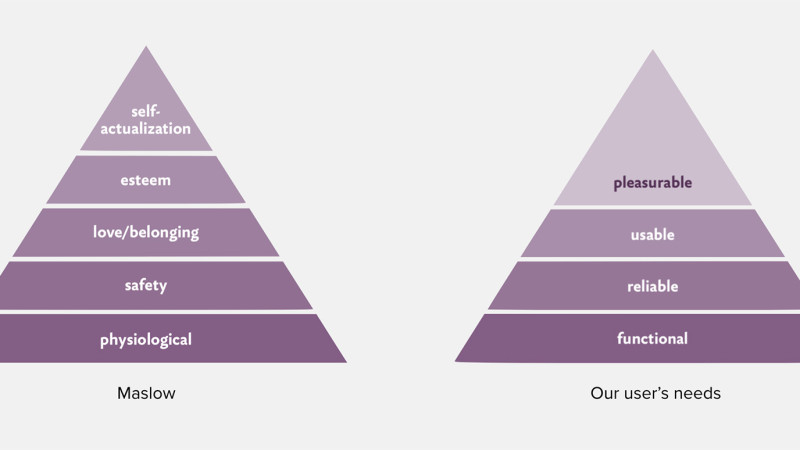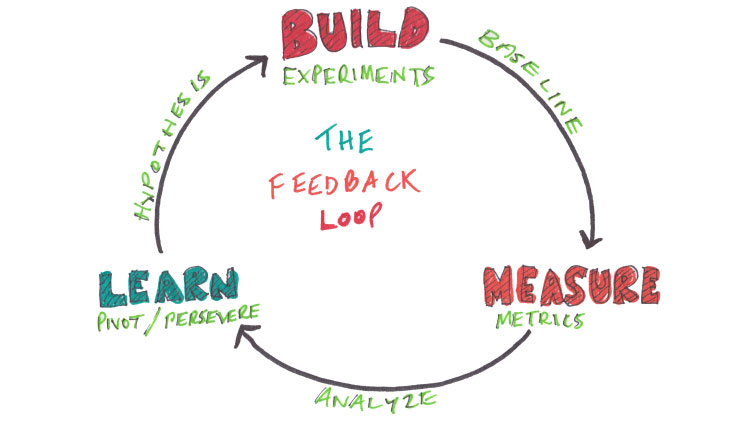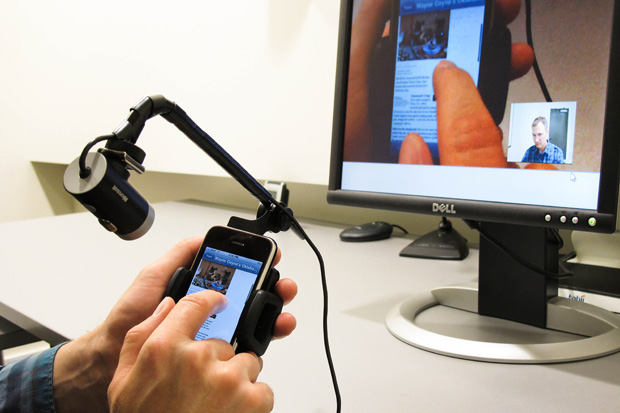The clever UX that made Fortnite a $1.2 billion sensation
The gaming hit is a masterclass in UX and experience design. The online videogame Fortnite Battle Royale was launched just a year ago in September 2017. Since then the game had amassed 125 million active players by June and made $1.2 billion for its developer Epic Games. It has also been linked to 200 divorces in the U.K. and a case of aggravated



